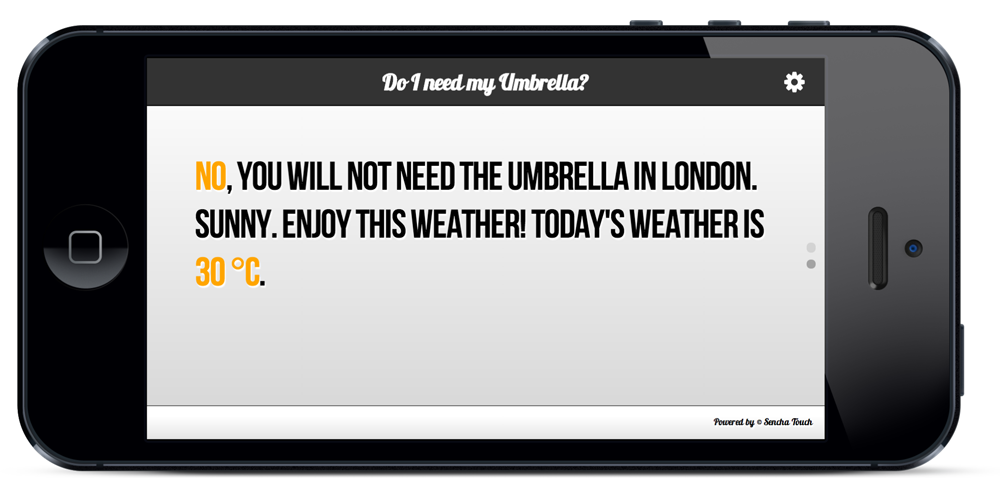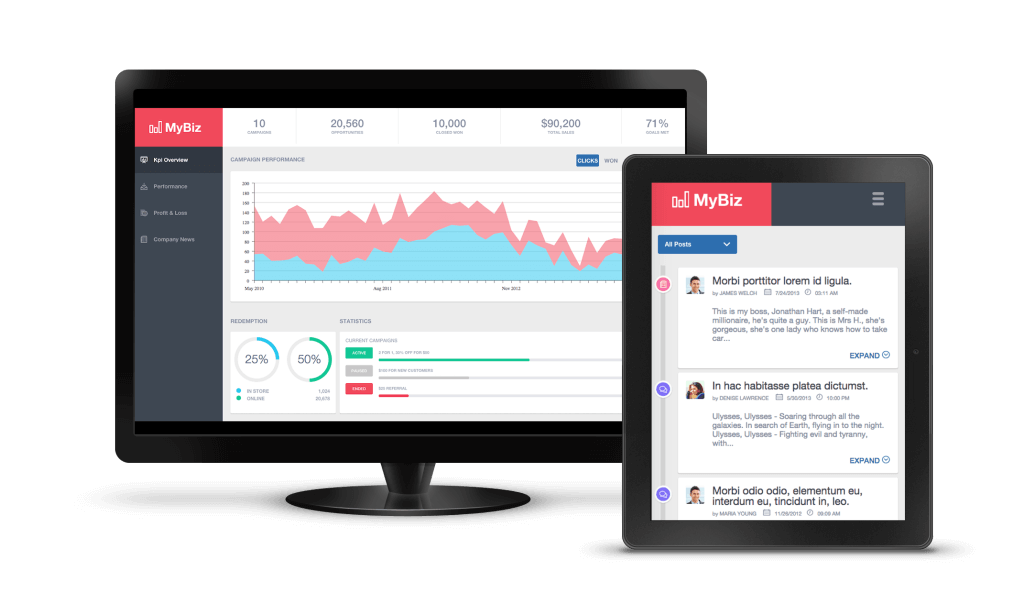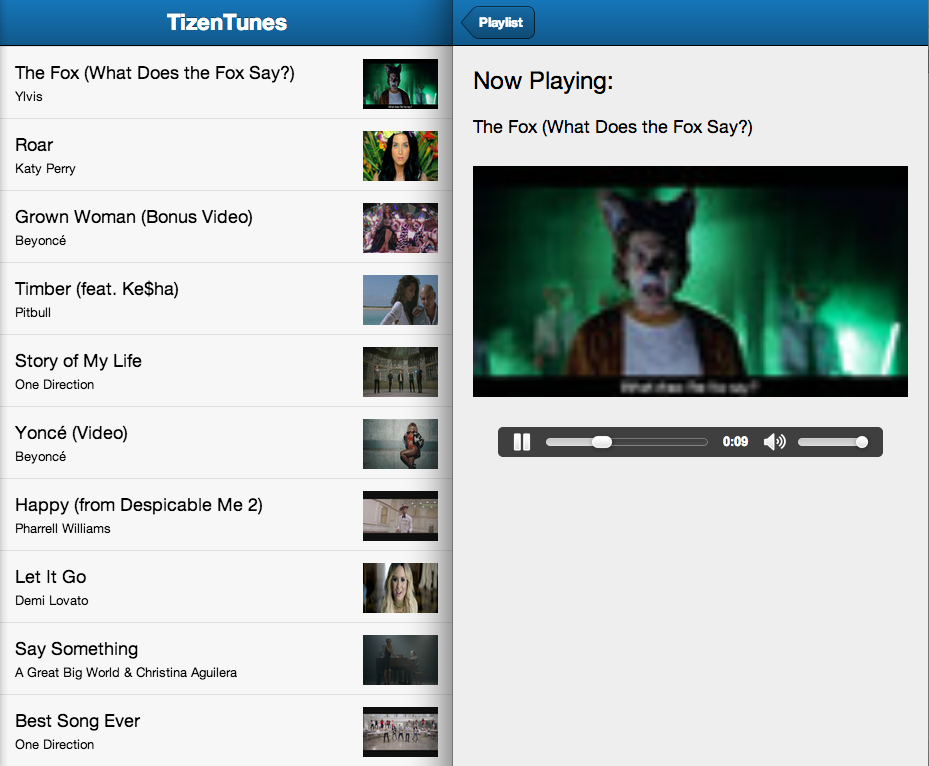Ext JS is a pure JavaScript application framework for building interactive cross platform web applications using techniques such as Ajax, DHTML and DOM scripting.
Originally built as an add-on library extension of YUI by Jack Slocum April 15, 2007, Ext JS includes interoperability with jQuery and Prototype. Beginning with version 1.1, Ext JS retains no dependencies on external libraries, instead making their use optional.

Features
GUI controls
Ext JS includes a set of GUI-based form controls (or "widgets") for use within web applications:
- text field and textarea input controls
- date fields with a pop-up date-picker
- numeric fields
- list box and combo boxes
- radio and checkbox controls
- html editor control
- grid control (with both read-only and edit modes, sortable data, lockable and draggable columns, and a variety of other features)
- tree control
- tab panels
- toolbars
- desktop application-style menus
- region panels to allow a form to be divided into multiple sub-sections
- sliders
- vector graphics charts
Many of these controls can communicate with a web server using Ajax.
Sencha App Build Video
Ext JS 2.0
Ext JS version 2.0 was released on 4 December 2007. This version was promoted as providing an interface and features more similar to those traditionally associated with desktop applications. Also promoted were the new user documentation, API documentation, and samples.
Ext JS 2.0 did not provide a backward compatibility with version 1.1. A migration guide was developed to address this.

Ext JS 3.0
Ext JS version 3.0 was released on 6 July 2009. This version added communication support for REST and a new Ext.Direct server side platform. New flash charting and ListView elements were added to the standard display components. It was backwards compatible with version 2.0 code.

Ext JS 4.0
Version 4.0 of the Ext framework was released on April 26, 2011. It includes a completely revised class structure, a revised data package, an animation and drawing package that uses SVG and VML, and revised charting and theming. It also includes an optional architecture that provides a model-view-controller (MVC) style of code organization.
Ext JS 5.0
Version 5.0 of the Ext JS framework was released on June 2, 2014. It includes the ability to build desktop apps on touch-enabled devices--using a single code base, a Model View ViewModel (MVVM) architecture, two-way data binding, responsive layouts, and other component upgrades with support for adding widgets inside a grid cell for data visualization and big data analytics. Ext JS 5 also includes an upgraded touch-optimized charting package along with additional financial charting capabilities.
Ext JS 5 supports modern and legacy browsers including: Safari 6+, Firefox, IE8+, Chrome, and Opera 12+. On the mobile platform, Ext JS 5 supports Safari on iOS 6 and 7, Chrome on Android 4.1+, and Windows 8 touch-screen devices (such as Surface and touch-screen laptops) running IE10+.
Important: From the Ext JS 5 version you cannot buy license for fewer than 5 developers.

Ext JS 6.0
Ext JS 6 merges the Sencha Touch (mobile) framework into Ext JS.
Sencha
On 15 June 2010, the merge of Ext JS with JQTouch and Raphaël was announced forming a new organisation called Sencha Inc. Ext JS continues to be available as a main product on the new Sencha website together with Sencha Touch, Sencha GWT (now Sencha GXT), Sencha Architect, Sencha Animator and Ext core.
Sencha JetBrains plugin
Sencha's JetBrains plugin is an Integrated Development Environment tool that creates a confluence between Sencha Frameworks and JetBrains software. This integration comes in the form of code completion, inspection, and suggestion, while seamlessly cooperating with native JetBrains behavior. Sencha experts will love the ease with which changes are refactored and how simple it is to trace code to the source. Sencha beginners will benefit as the JetBrains plugin provides completion suggestions while encouraging best-practice code structure and syntax.

Ext.NET
Ext.NET is an ASP.NET component framework integrating the Ext library, current version (as of February 2015) is 3.0 which integrates Ext JS version 5.0
License history
YUI-Ext was available under the BSD license. In April 2008 the open source license associated with Ext was changed. In version 2.0.2, the authors stated that Ext was available under an LGPL-style license as long as you "plan to use Ext in a personal, educational or non-profit manner" or "in an open source project that precludes using non-open source software" or "are using Ext in a commercial application that is not a software development library or toolkit". This was no longer the case with Ext 2.1. Some people claimed that the license conditions as the authors described it stood while others claimed that clause 7 of the LGPL-style license enabled the software to be used by all regardless of Ext's conditions. The Ext authors claim that section 7 of the LGPL as it is worded did not apply to "conditions" which their license required before distribution under the LGPL was permitted as opposed to "additional restrictions" which section 7 allowed a distributor to remove.
On 20 April 2008, Ext 2.1 was released under a new dual license structure which allowed the options of the full GPL 3.0 license or a proprietary license.
The change in license over time, from a permissive open source license to a restrictive dual license, caused controversy in the Ext user community.
Are You Looking for Products
Here some products related to "Ext JS".
* amzn.to is official short URL for Amazon.com, provided by Bitly
Get these at Amazon.com
Source of the article : here



EmoticonEmoticon